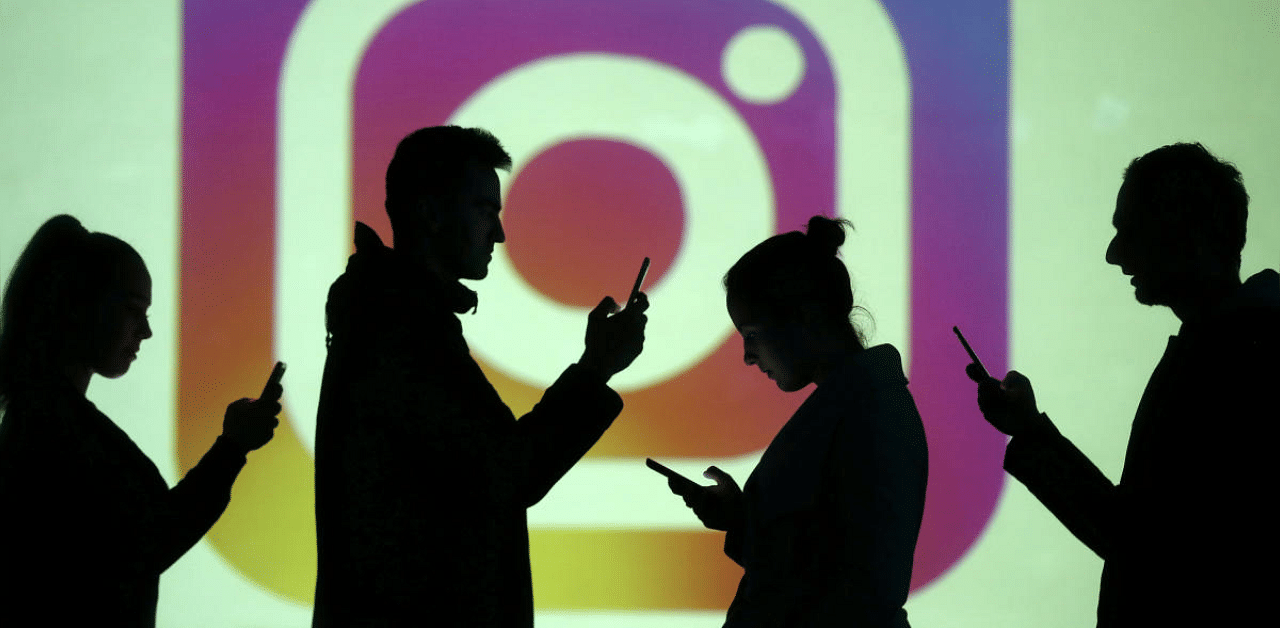
Over the past few weeks, Instagram has been teeming with black and white images of women, both famous and unknown. These photographs are often accompanied by the #ChallengeAccepted hashtag and have benign captions about women supporting other women, female empowerment and promotion of unity and solidarity.
These portraits, however, can’t merely be categorised as glamorous photos or as images of women trying to win an instagram beauty pageant. They make up a movement, and belong to a strand of digital feminism, that has a lot more than what meets the eye at the first look.
Myths and criticisms
The exact origins of the current chain mail-style display of female empowerment remains a mystery and the trend has, therefore, garnered criticism ever since it took off.
But this is not the first time Instagram users have leveraged black and white selfies in support of a cause. Back in 2016, black and white photos with the hashtag #ChallengeAccepted were meant to spread the message of cancer awareness. Since then the trend has been tweaked, changed and used multiple times on social media.
The theories surrounding origin and meaning of the latest round of black and white photos ranges from it being a mere adaptation of the cancer awareness campaign to a pure ego boost and a celebration of American Republican Congresswoman Alexandria Ocasio-Cortez, who recently protested against misogynistic remarks made against her on the floor of Congress.
Other theories allege that the current iteration of the trend began in Turkey to educate and raise awareness about femicide, or the killing of women based on their gender, which is an ongoing issue in the country.
Nonetheless, according to Instagram the earliest post with the hashtag #ChallengeAccepted for the latest viral trend can be traced back to Brazilian journalist Ana Paula Padrão, who posted it on July 18.
Despite the lack of clarity around its cause, these black and white portraits have spread widely with nearly 8 million posts if we take the different versions of the #ChallengeAccepted hashtag together. Yet, critics believe that these posts are meaningless with no ground-breaking, or even mildly new, point being made and therefore, the challenge is a distracting act at a time when social justice causes are competing for oxygen.
Then there are others who begrudgingly agree that this is what women supporting women should really look like. It is henceforth important to raise the question – what is this challenge really about?
Giving the challenge its due
In my view, the #ChallengeAccepted trend is a digital manifestation of that aspect of the feminist movement that shows women as beautiful, strong and powerful. It offers a platform to celebrate women and their contributions to society. The intention is, therefore, noteworthy.
As the movement continues to grow millions of indigenous women, black women, trans women, non-binary women and other LGBTQI+ women around the world have come out to take part in it. This clearly demonstrates that women belonging to diverse socio-economic and cultural backgrounds are willing to unite against repression.
In fact, many women have begun using the trend to steer the discussion around trans women’s rights, lives of black women and other issues that affect women.
The campaign has also attempted to raise much-needed awareness about women being brutally murdered in Turkey and the Turkish government's efforts to withdraw the 'Istanbul Convention' – a legislation that sought to protect women from gender-based violence.
With these diverse perceptions and aims, the movement is doing its best to spread positivity on social media, creating a safe space for women to talk about the challenges they face and promote women empowerment. The movement, therefore, might not be something new but it has definitely added value to women’s cause.
Moreover, given the Covid-19 context, where methods of mass protests are few, digital feminist movements like #ChallengeAccepted are extremely important in bringing greater awareness about how women are bearing a disproportionate burden during the pandemic.
The truth is that awareness campaigns like the #ChallengeAccepted can make a significant difference in lifting up the spirits, confidence and morale of women. Simply knowing that they are supported and that they are in this together can bring about a huge change in women’s self perceptions.
(Akanksha Khullar is a researcher at the Institute of Peace and Conflict Studies, Delhi. She tweets at @akankshakhullar)
Disclaimer: The views expressed above are the author’s own. They do not necessarily reflect the views of DH.